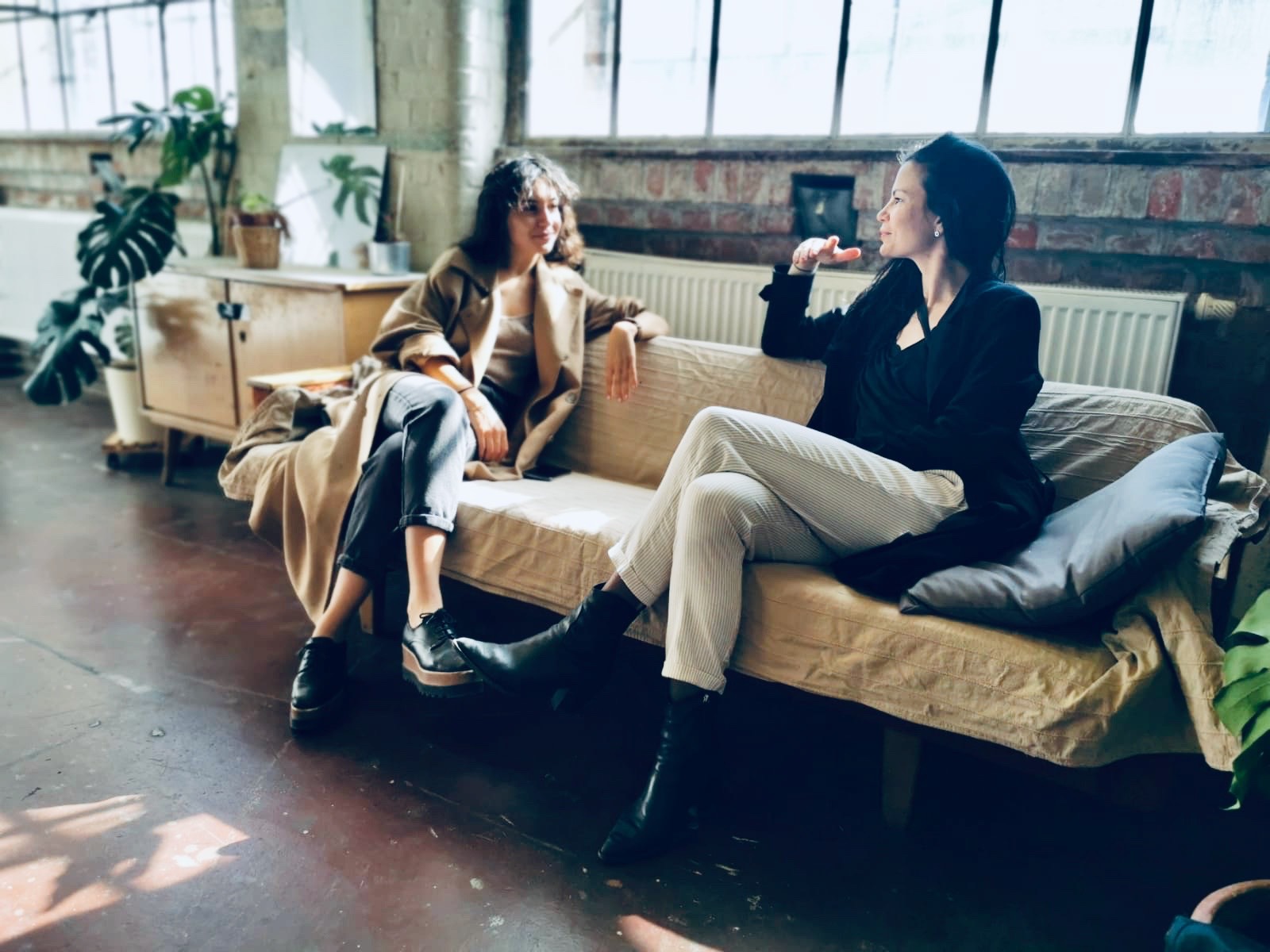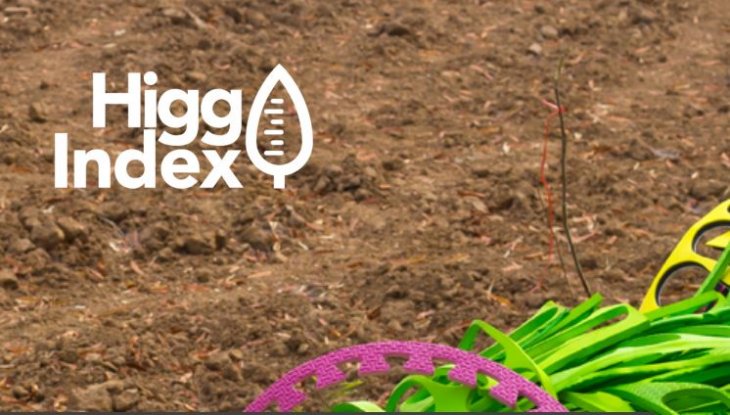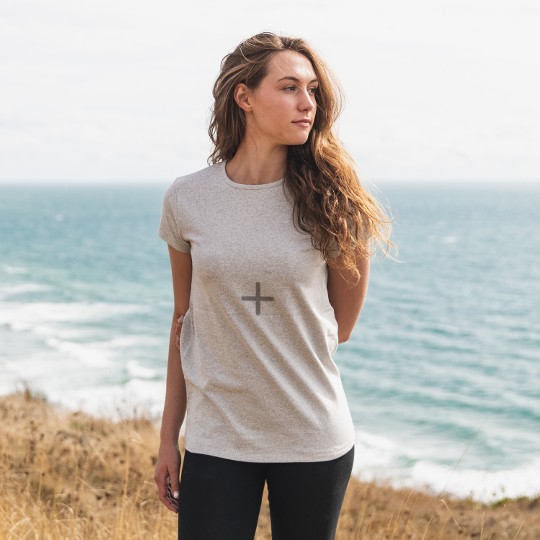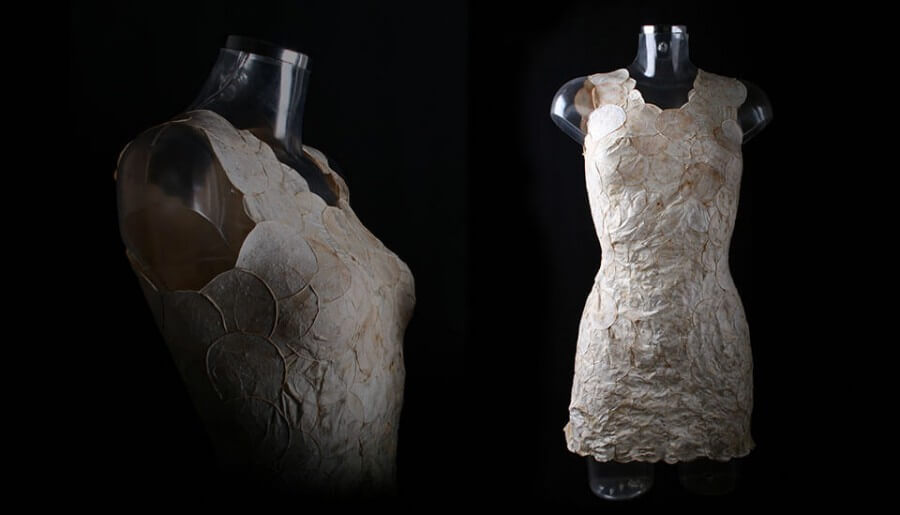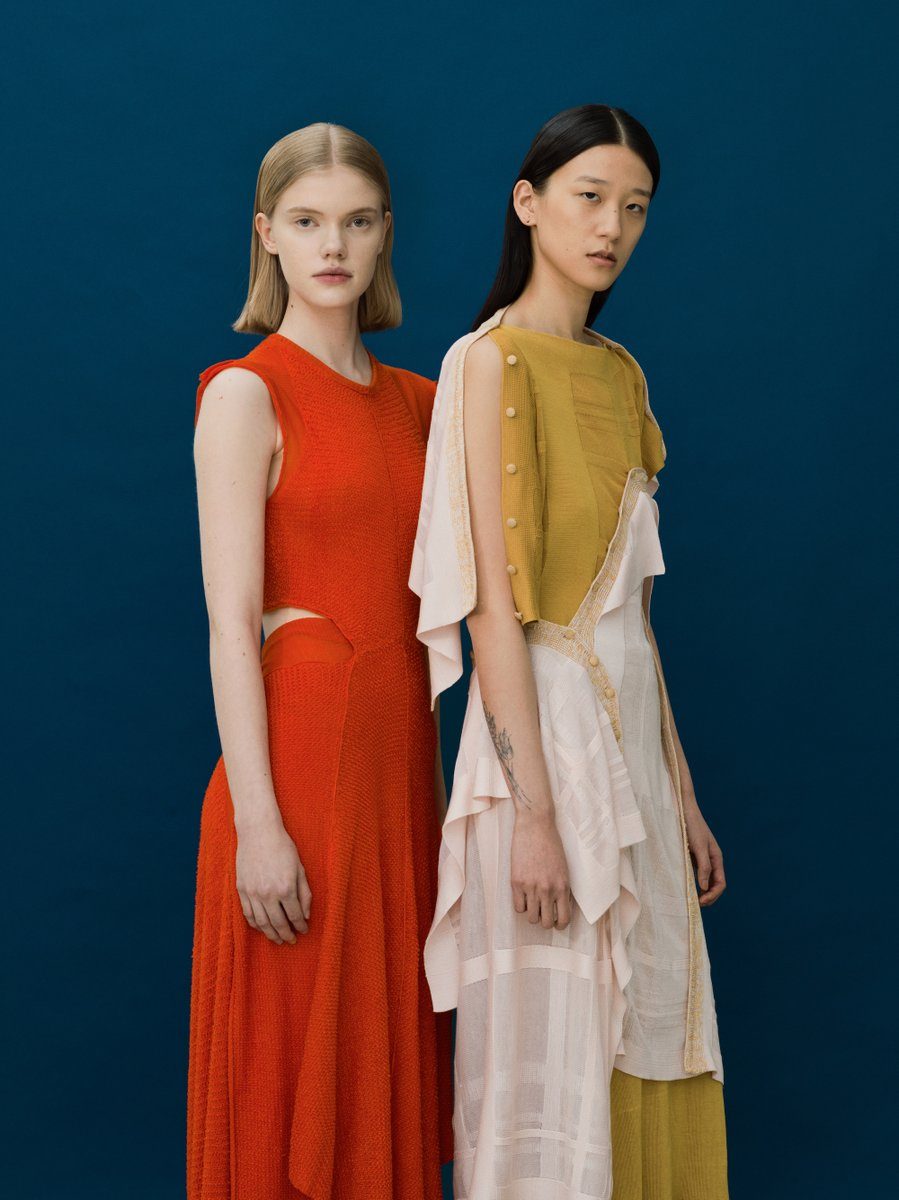We had the pleasure of having CEO and founder Franziska Anna Michel of YOONA Technology in Berlin take time to answer our questions about technology and sustainability. Yoona Tech uses artificial intelligence to automate the fashion design process. The sustainable fashion future is already here.
Continue reading “Franziska Anna Michel, YOONA Technology, Berlin”
ISTO. from Lisboa, Portugal
Vasco, and Pedro and Pedro have started ISTO. in 2017 in Lisbon, because they have been searching for men clothes, with a very good quality and an affordable price. Their search stayed unsuccessful, that was when they decided to solve that by themselves. ISTO. stands for I – Independence, S – Superb, T – Transparent and O for Organic. Nowadays the brand offers women and men classic minimalistic basic clothes in good quality, organic and to a good price. They reveal the true costs (price) of their clothes at every step of the value chain, which is something unique in the fashion industry. Continue reading “ISTO. from Lisboa, Portugal”
Higg Index, SAC, Oakland
Nowadays, there are a lot of certificates, sustainability labels and initiatives for sustainability out there. All are approaching the way of measuring sustainability a bit differently. Due to the diversity of labels, it could be difficult for customer knowing, where to start and to stay informed and not to lose the overview. The main aim of empowering the customer through transparency could be at risk due to information overload. To find a standard of measuring sustainability and to combine many of the existing approaches could be helpful – that is what the founding members of the Sustainable Apparel Coalition (SAC) had in mind, when they introduced the Higg Index in 2012. Continue reading “Higg Index, SAC, Oakland”
Mud Jeans from Laren
Mud Jeans is a real pioneer when it comes to circularity and cradle-2-cradle in the fashion industry. They produce and offer jeans in a sustainable manner. How can it be sustainable, to offer one of the “dirtiest” garments in the world? Mud Jeans revolutionizes the fashion industry by introducing the concept of “service” instead of “ownership” with they awarded “lease a jeans” system. We had the chance to meet lovely Linda from Mud Jeans at Neonyt 01/2020 and talked about their idea. Continue reading “Mud Jeans from Laren”
Teemill from Isle-of-Wright
I come across the startup Teemill during my studies at Copenhagen Business School of Sustainable Fashion. Teemill, located at the beautiful landscape of the Isle of Wright, is one of the most interesting startups in fashion industry, when it comes to combining digitalization and sustainability. Continue reading “Teemill from Isle-of-Wright”
NEFFA from Soest
I have first met Aniela, founder of NEFFA, at this year’s Wear It in Berlin. The name NEFFA means “net effe anders” in Dutch, wanting to do things just a bit differently. NEFFA has been founded in 2004 by Aniela. She is really inspiring und entrepreneurial in finding solutions for the challenges in fashion industry. Aniela does not believe that changing the consumption behavior of billions of people is possible. Continue reading “NEFFA from Soest”
Ioncell from Helsinki
Two leading universities of Finland, Aalto University and University of Helsinki, have created a new sustainable fiber, which has the potential to transform the fashion industry for good. Ioncell is a technology that turns used textiles, pulp or even old newspapers into new textile fibers sustainably and without harmful chemicals. Continue reading “Ioncell from Helsinki”

